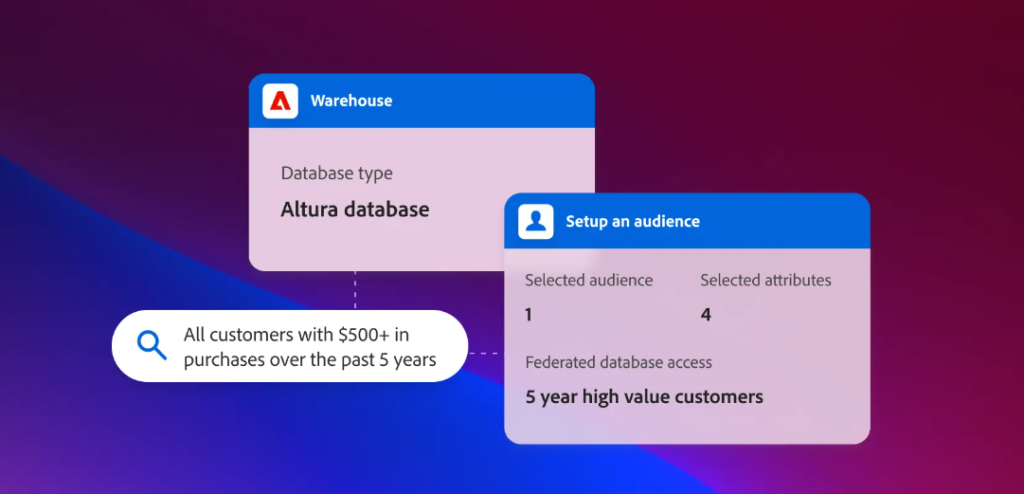Consumer Views on Data Privacy: What Brands Need To Know
October 5, 2017The European Union’s General Data Protection Regulation (GDPR) enforcement begins in May 2018 and organizations involved in the control and processing of personal data about EU citizens will need to review their strategy, policies and procedures to ensure compliance before that time. And GDPR isn’t just affecting businesses – EU consumers are becoming more aware of this new set of rights which they have been granted by GDPR.
DataIQ, in association with Tealium, recently surveyed consumers to better understand their perspective on data collection, consent, context and control to create an extensive report of the findings in the publication “General Data Protection Regulation 2017: Identifying the Impact on Marketers and the Consumer’s Moment of Truth.” We’ve compiled the key distinctions from the report to show brands how aware consumers are of the way data is collected from their digital footprint as well as their perspective and general attitude around it.
Findings on Sharing Personal Information
Consumer attitudes towards sharing their personal information have become significantly more positive:
- For every 1 person who says they prefer not to share (36%), there are 2 who are either happy to if the need is explained (42%) or are happy to share if they trust the company (21%)
- By contrast, 6 out of 10 are only vaguely aware (24%) or not aware at all (38%)
Key Findings on App-Tracking
- 4 out of 10 consumers (39.4%) say they would prefer not to be tracked online and by apps and avoid opting-in (as is their right under the ePrivacy Directive)
- Nearly 1 in 6 (17.2%) say they avoid sites and apps which they know are tracking them
Key Findings on Personalization
Consumers notice when their devices and the services they are accessing seem to reflect who they are:
- For nearly 2/3 (64.4%), it is awareness of their location which is most evident
- Consumers rate personalized services most highly which are based around convenience:
- Autofill (3 out of 5)
- Personalized offers (2.93)
- Personalized content (2.92)
- Interest-based content (2.91)
- Being recognized by the brand (2.91)
- Location-aware services scored lowest with a score of just 2.59
- Half of consumers (48.7%) adopt a rational attitude that personalization is ok if they have a choice
- However, negative feelings are expressed by a significant minority of 4 in 10 consumers, with 1 in 10 (10.2%) saying personalization feels creepy if taken too far, 15.5% feeling worried, but unable to do anything about it, and 17% maintaining that they dislike personalization.
Key Findings on Ad Blocking Software
- 1/3 (36%) of consumers already make use of ad blocking software and more than half (55%) are considering it
- However, while using a private browser window may have the same effect as ad blocking software, only one quarter of consumers (25%) currently make use of this option.
These key findings and the entire report show that consumers are more aware than ever about how their digital activity is leveraged to obtain data and how it is used to build tailored experiences from the brands they’re engaging with. Though a willingness to share data is on the rise (nearly ⅔ of all consumers are happy to share personal information), this willingness is dependent on a clear understanding of the purposes for which that data is being requested, the choices available to the consumer and/or their trust in the brand.
Take advantage of these consumer views and insights on data privacy and download the entire report “General Data Protection Regulation 2017: Identifying the Impact on Marketers and the Consumer’s Moment of Truth” today!


